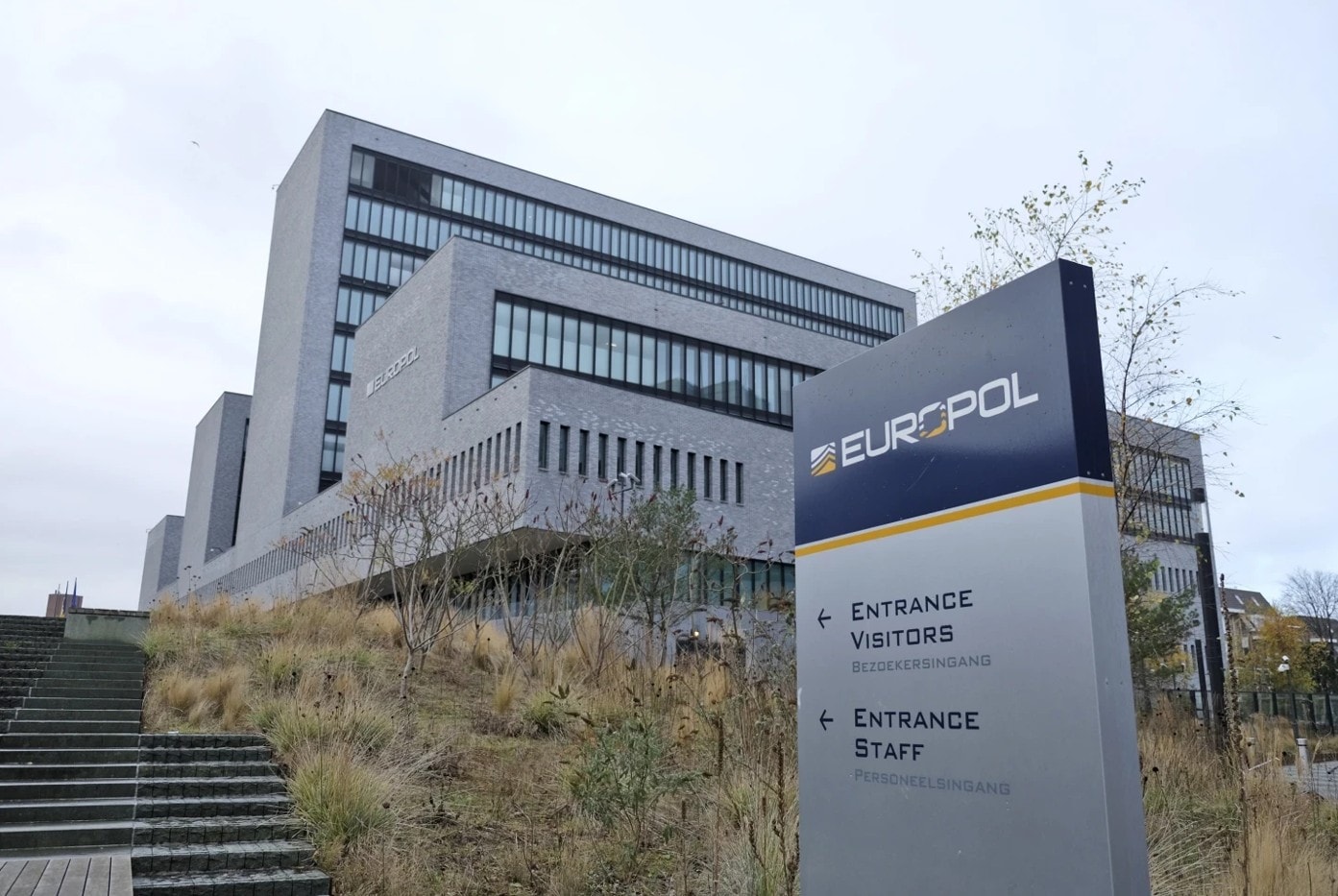
According to Europol, AI has “inadvertently” helped criminals increase their efficiency in many areas such as drug trafficking, human trafficking, cybercrime and identity theft. Technology expert Bruce Schneier, an advisor to Europol, admitted: “AI is making criminals more dangerous than ever. Traditional identity verification methods are no longer effective enough to combat deepfakes.”
"Organised crime is becoming more sophisticated and is being driven online, accelerated by AI and emerging technologies. It is a race between those who use technology to commit crime and those who use technology to fight crime. We must ensure that law enforcement remains ahead," warned Catherine De Bolle, Europol's executive director.
In mid-February this year, an AI Action Summit was held in Paris, France. The event took place in the context of the AI industry witnessing many fluctuations, especially the emergence of new AI models, which are said to have a significant impact on the global market. Speaking at the conference, French President Emmanuel Macron expressed his hope for cooperation to promote open-source AI models, creating conditions for businesses to develop in this field, as well as effectively preventing technological crimes.
The conference was attended by many senior leaders and entrepreneurs in the technology industry, including French President Emmanuel Macron, Indian Prime Minister Narendra Modi, US Vice President JD Vance... and leaders from Silicon Valley such as OpenAI CEO, Microsoft President and Google CEO.
Geo-technology expert Nick Reiners said the conference could be an opportunity to see a reshaping of global competition in the field as well as coordination in the fight against high-tech crime when exploiting AI.
AI has become a trend of development, whether we like it or not, so far no country is left out of the race. Although there are still concerns. At the annual World Economic Forum 2025 held in Davos (Switzerland) at the end of January 2025, it also attracted attention with discussions focusing on the development of AI.
Notably, UN Secretary-General Antonio Guterres issued a strong warning about two major threats to humanity: the climate crisis and the uncontrolled development of AI. Mr. Guterres called on countries to take urgent action to limit climate change and prevent the worst impacts. Regarding artificial intelligence, Mr. Guterres emphasized that AI brings many benefits to life but also poses profound risks if not properly managed. The warning was that if AI is not well controlled, it can be exploited as a tool for deception, disrupting the economy, and undermining trust in institutions. It can also deepen inequality, because many people do not benefit from this technology.
The UN Secretary-General has since called for global cooperation to tackle issues ranging from the climate crisis to managing the rise of artificial intelligence.
Meanwhile, experts predict that with AI, humanity may experience a change greater than any other technology has ever had in history. Dr. Siqi Chen - CEO of the San Francisco-based startup Runway (USA) said that previous technological advances, from electricity to the internet, have triggered strong social changes. However, with AI, it is even stronger. "With AI, human society will experience a change on a larger scale than any other technological change we have ever had in history" - Dr. Chen said but also warned "an exciting change, but also scary like a "double-edged sword".
According to Dr. Jared Spataro - a key leader of Microsoft Corporation, AI can be considered as "the soul of work" if it can promote the positive aspects and limit the negative aspects. Especially not to let high-tech criminals take advantage and dominate.
For Sharon Zhou, co-founder of an AI company, the technology “could come at us faster than we can handle it.” So getting ahead of it is a natural strategy, or risk being caught in the crossfire. Zhou said the technology raises questions about the future of humanity. “If something is going to be more powerful than us and smarter than us, what does that mean for us? And do we exploit it? Or does it exploit us?”
That’s why safety is a “must-have,” OpenAI chief scientist Ilya Sutskever said in an interview with MIT Technology Review, suggesting that the international order itself could be threatened if AI is misused by bad actors.
UN Secretary-General Antonio Guterres once said: "No one is safe until everyone is safe." In the current era of AI explosion, this saying is even more relevant because the fight against high-tech crime is not an individual's responsibility.
In the digital age, with the explosion of AI, the criminal world is also rapidly changing with the development of technology, creating unprecedented challenges to global security. According to a report by cybersecurity company Palo Alto Networks, the number of global ransomware attacks increased by 47% in 2024 compared to 2023, causing damage of more than 30 billion USD. Attackers no longer only target data, but also control important systems for extortion. This is no longer just a financial problem but a threat to national security. In addition, deepfake calls apply the most advanced AI achievements to fake the voice or image of the victims, causing huge damage. A report by Europol shows that the number of scams using deepfake has increased by 300% in the past 2 years.
Source: https://daidoanket.vn/an-toan-trong-thoi-dai-cong-nghe-cao-10302564.html





![[Photo] Visiting Cu Chi Tunnels - a heroic underground feat](https://vstatic.vietnam.vn/vietnam/resource/IMAGE/2025/4/8/06cb489403514b878768dd7262daba0b)


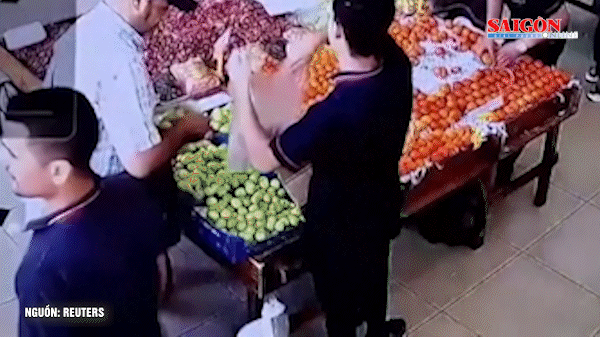


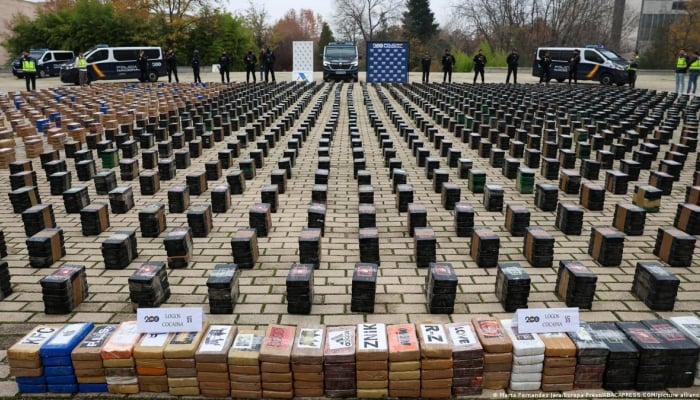

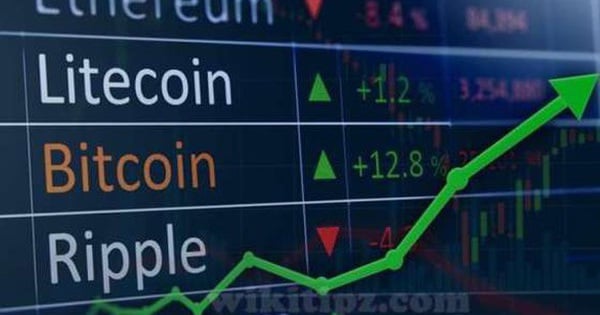
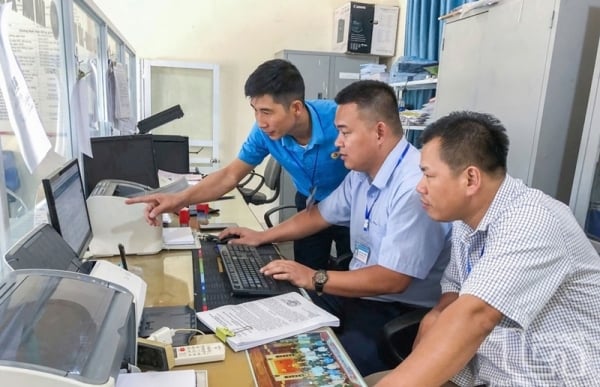
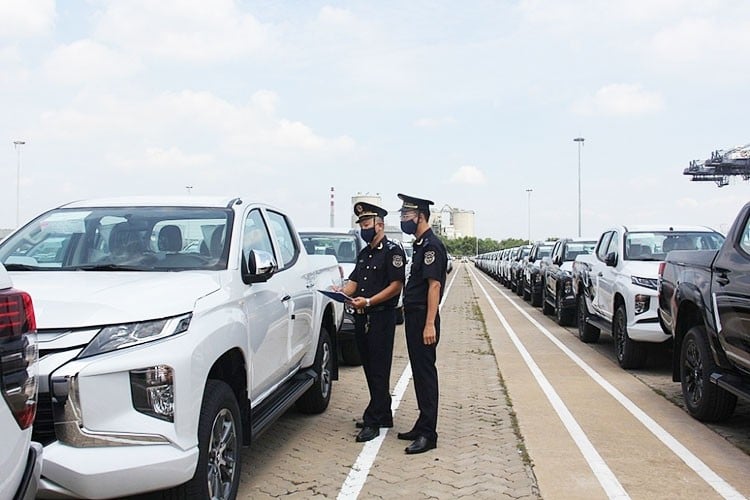
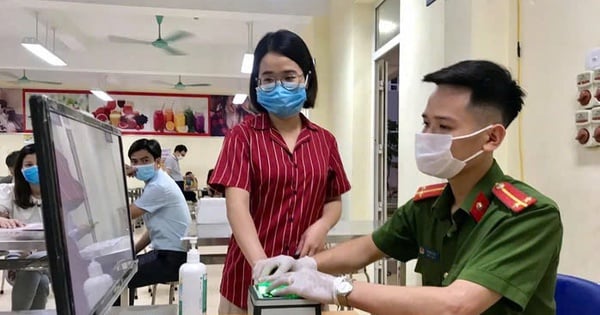

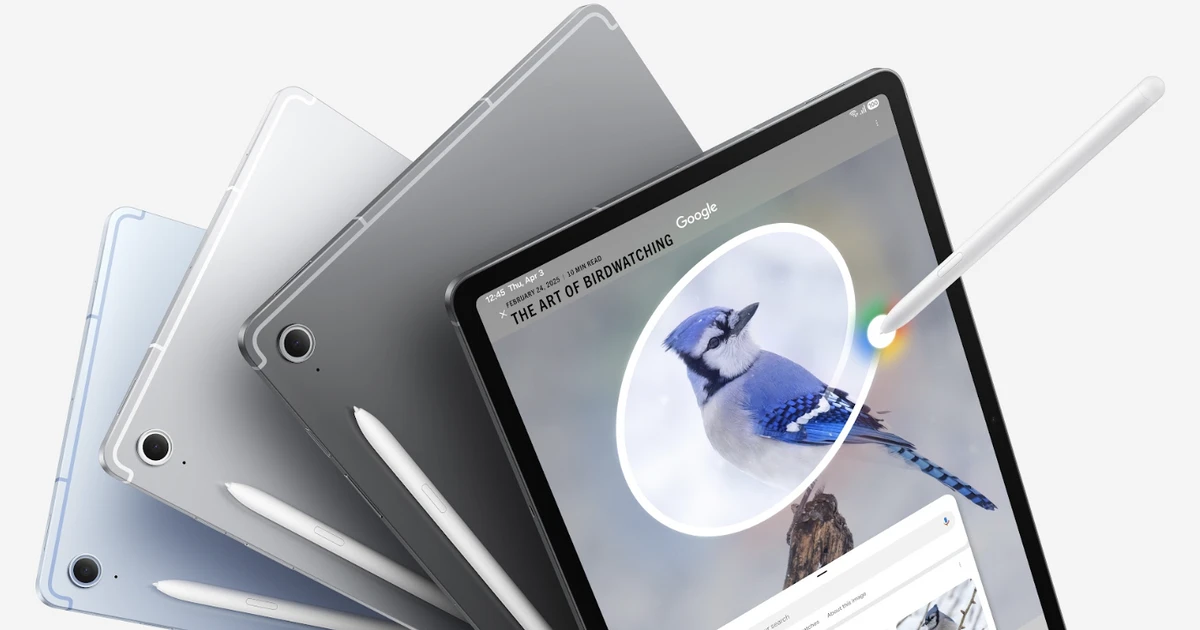



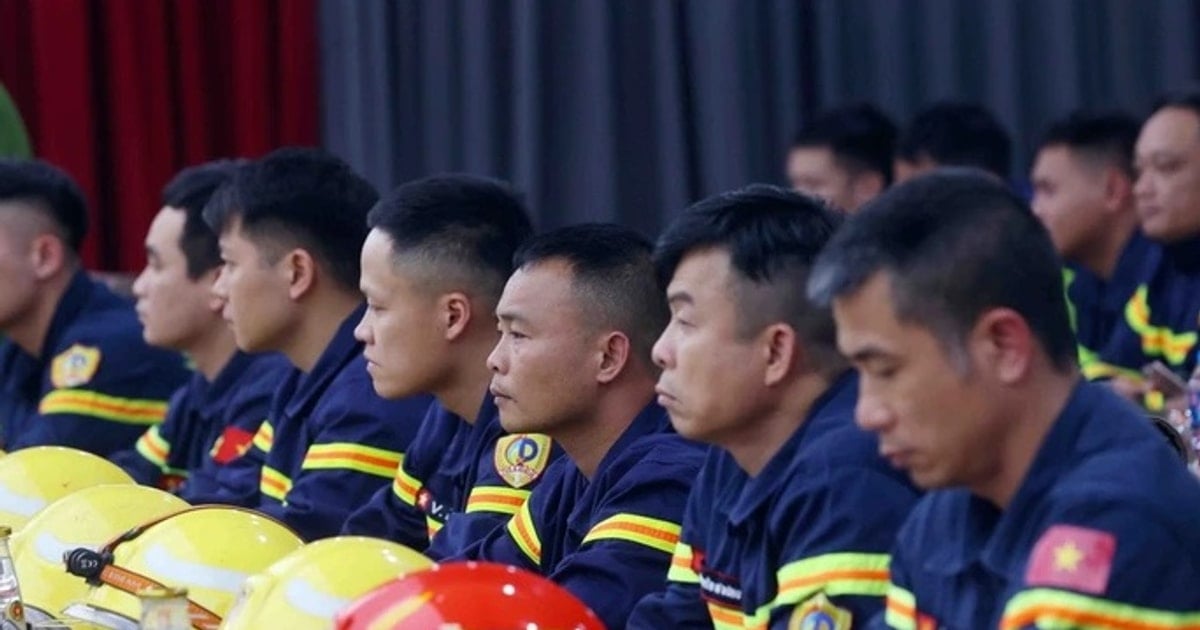
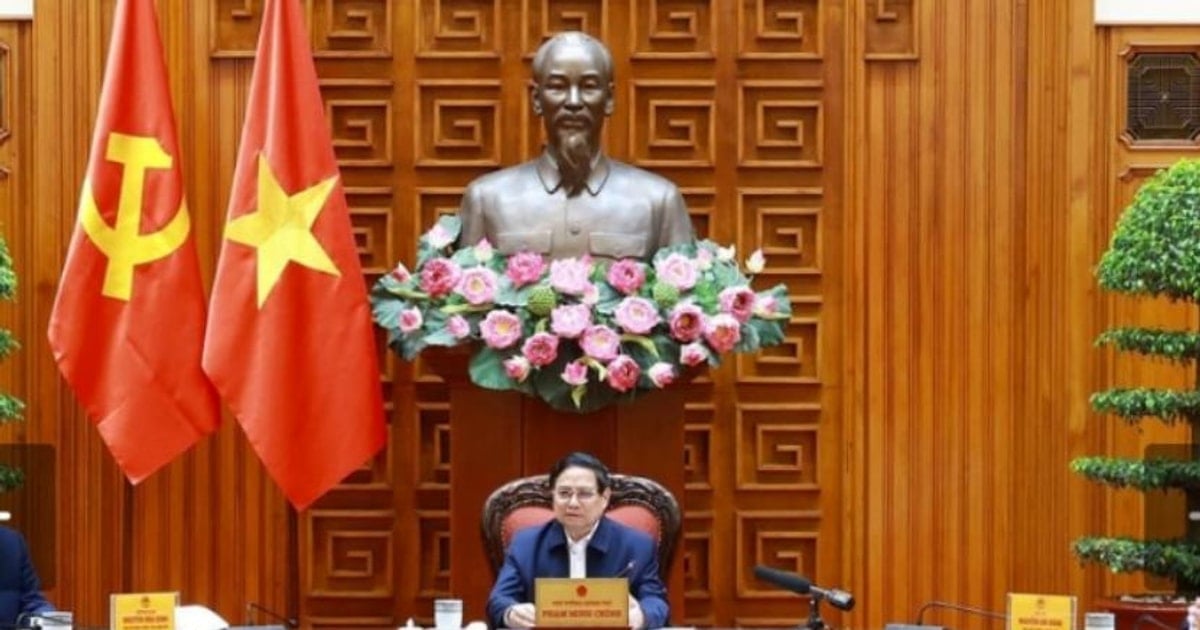
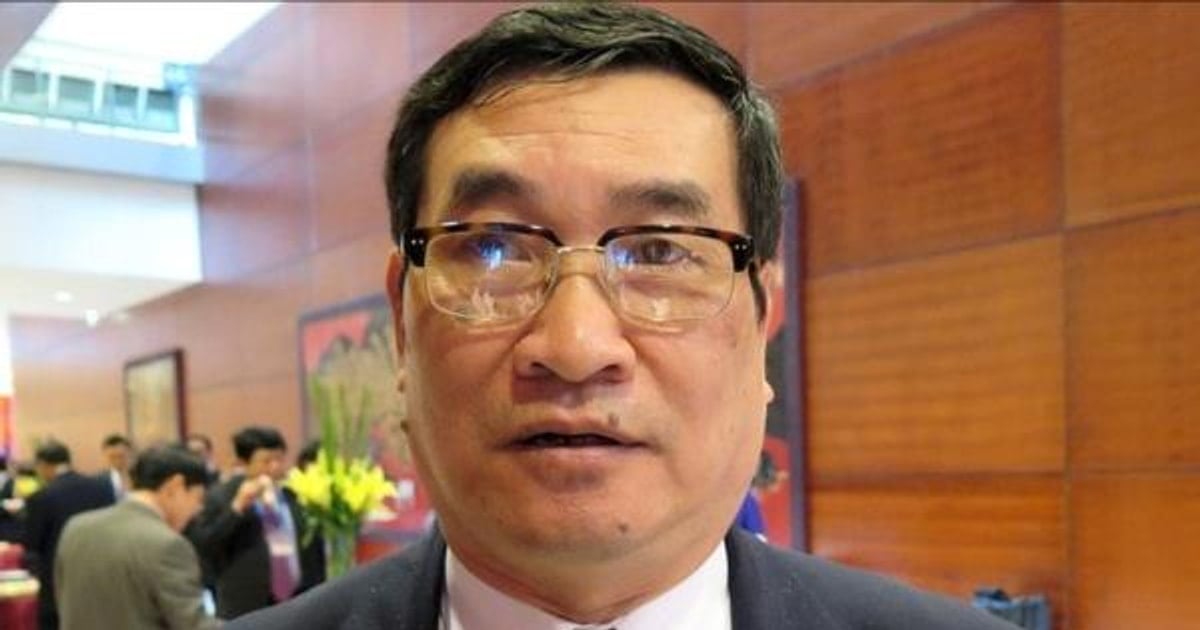
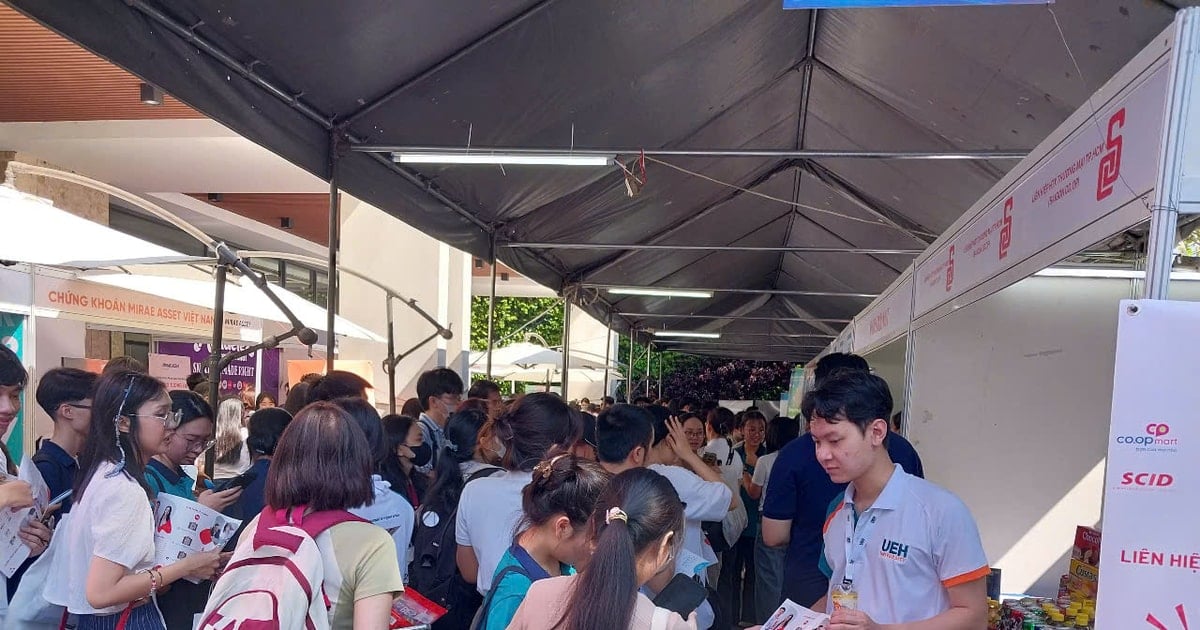
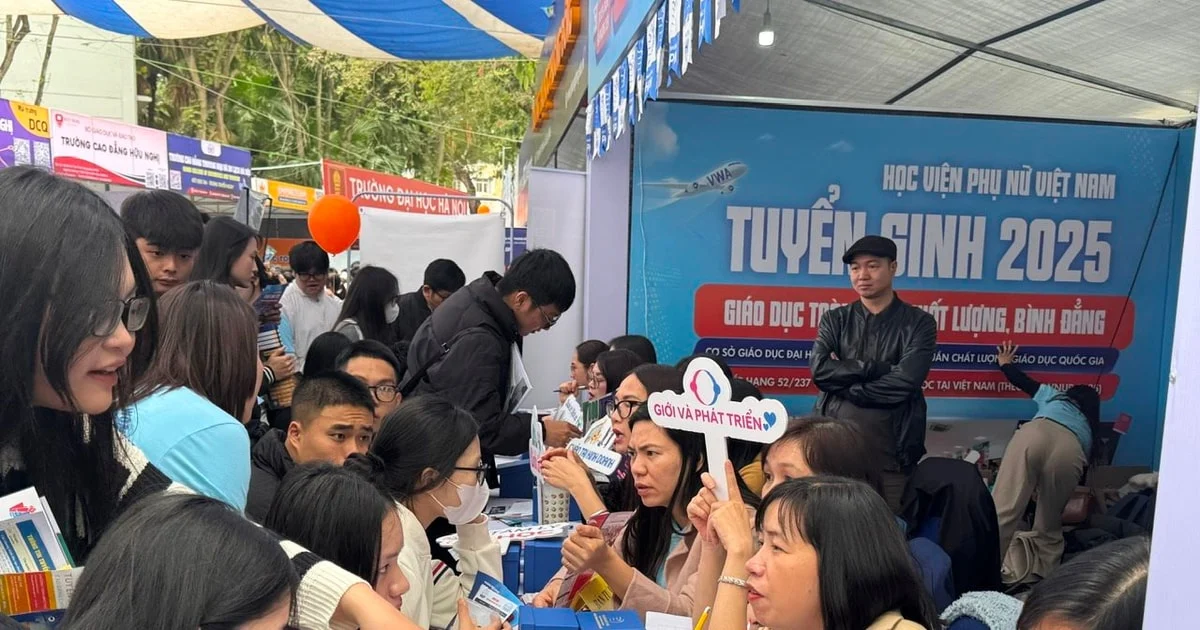
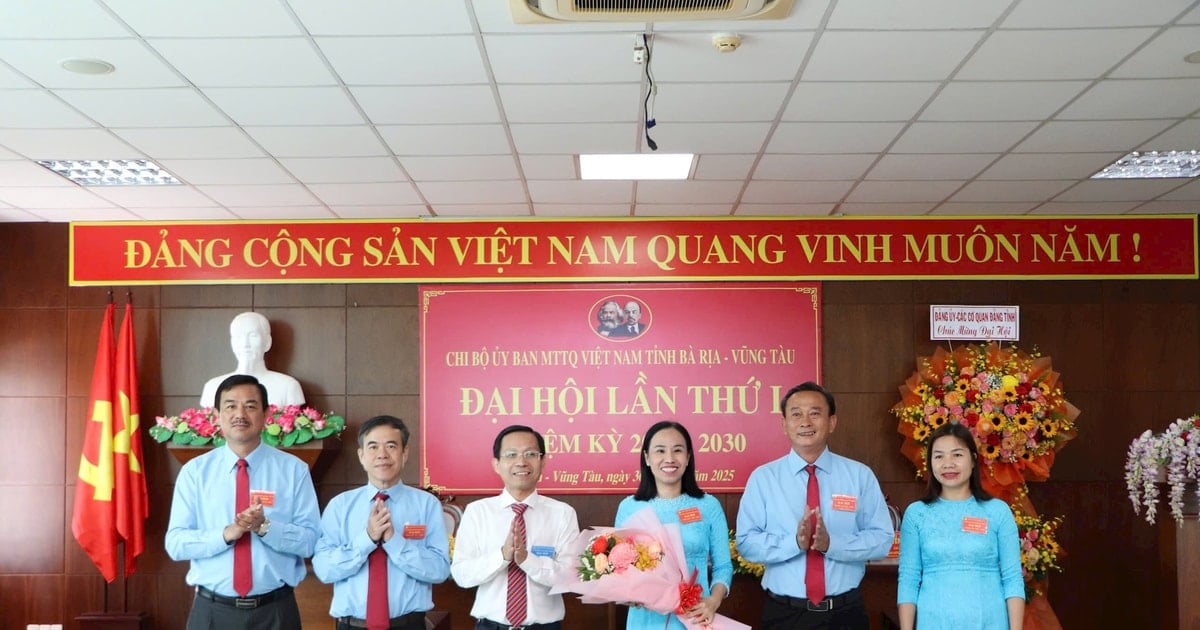











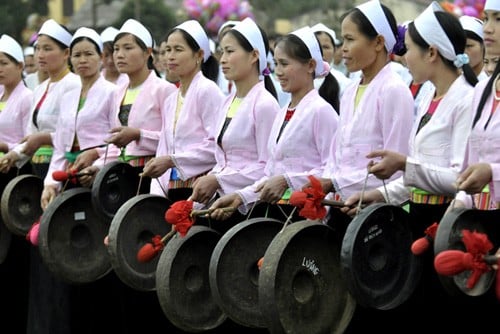























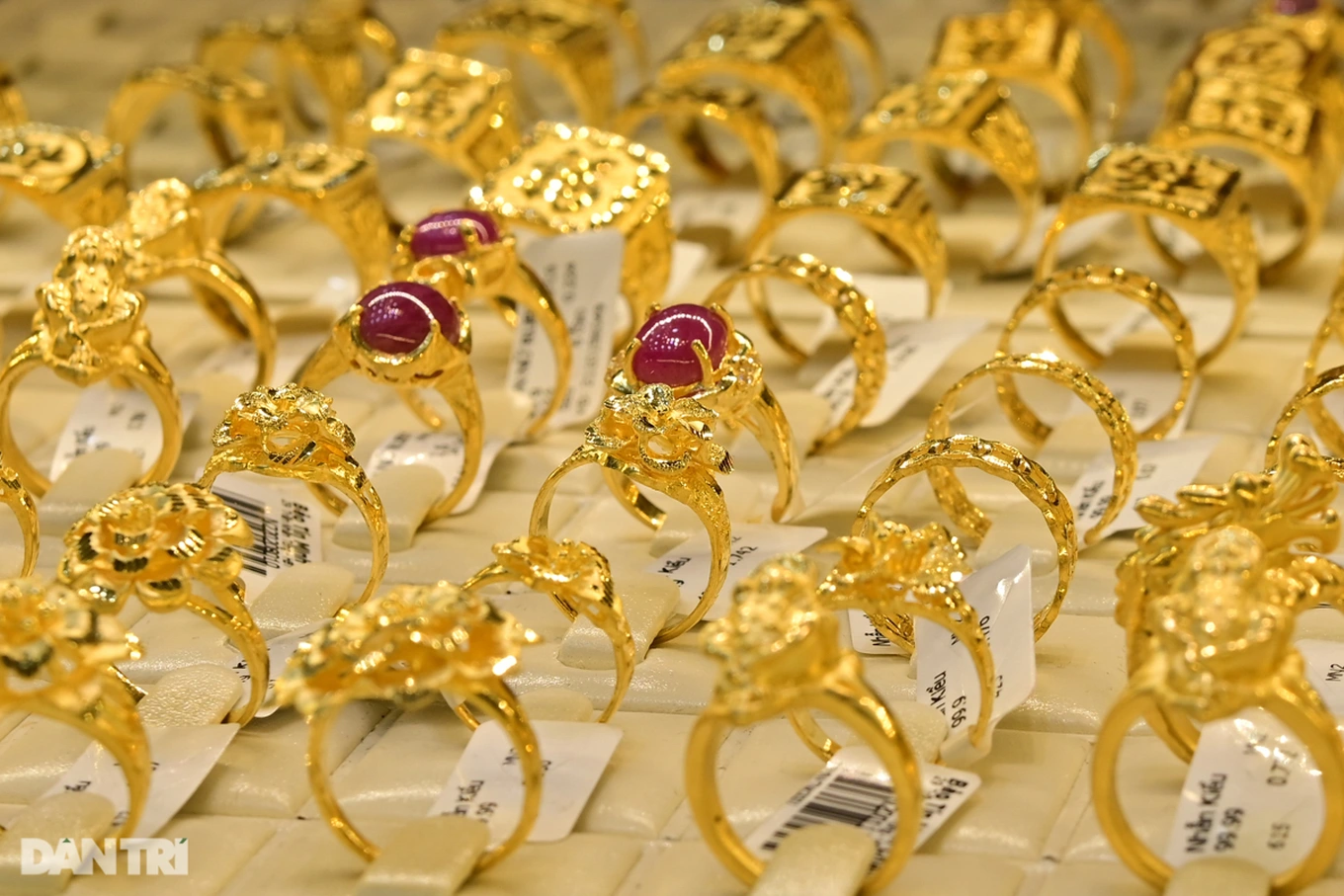
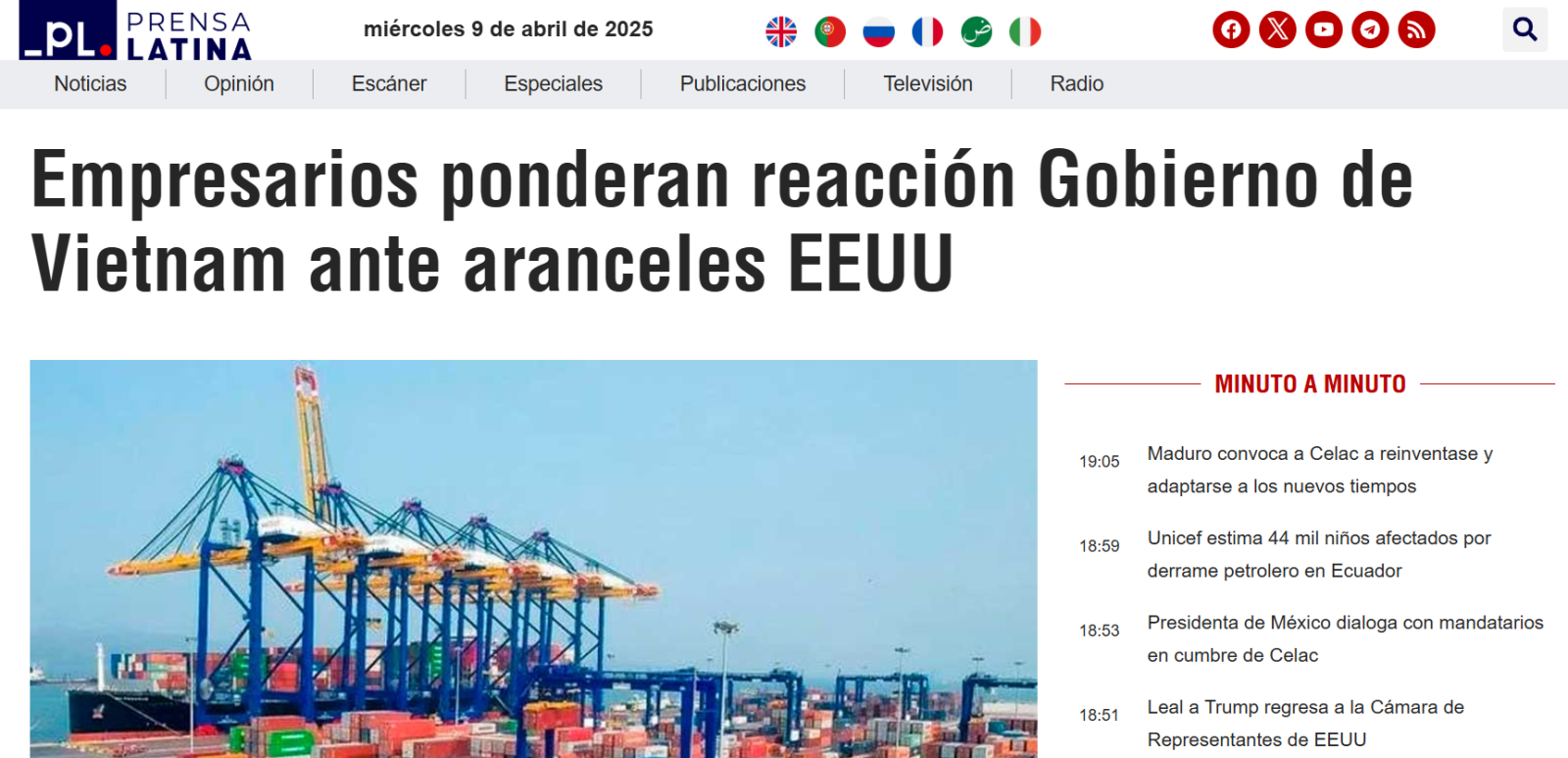
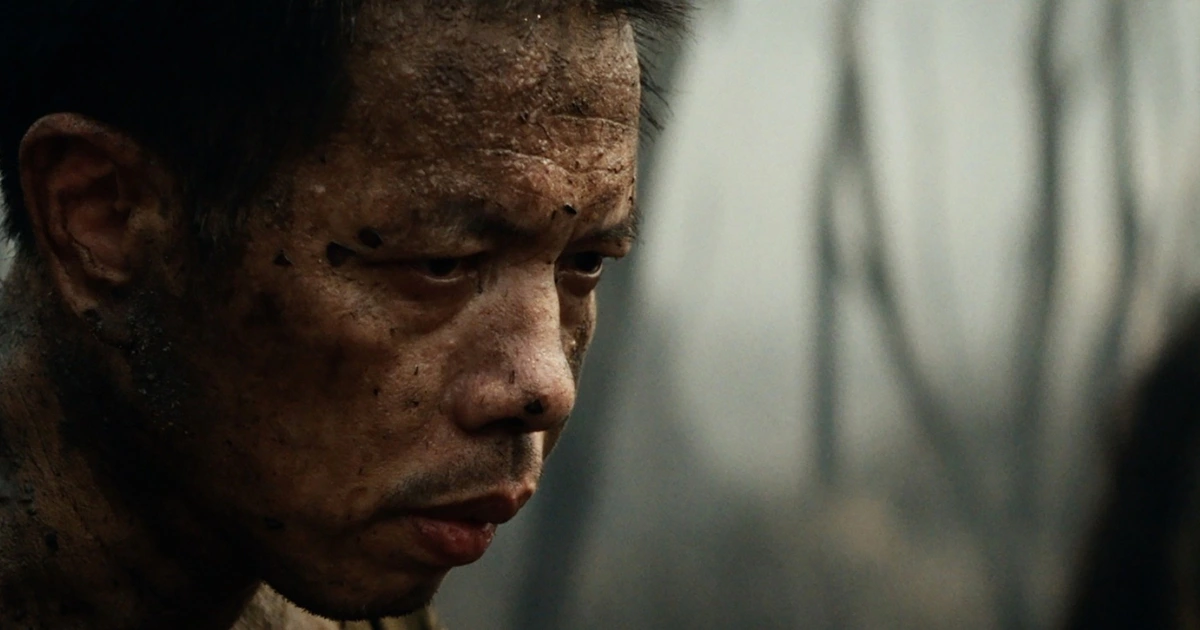
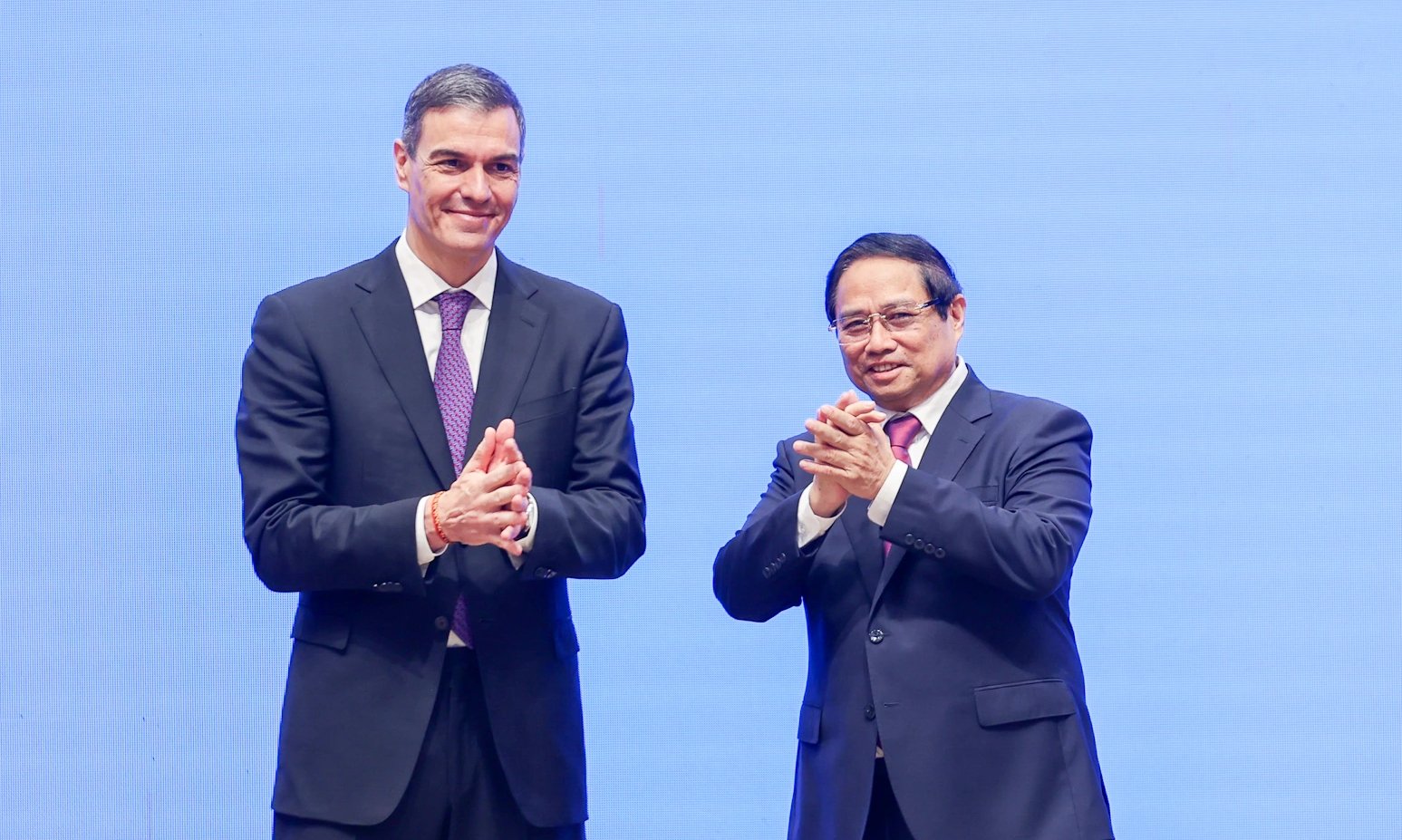








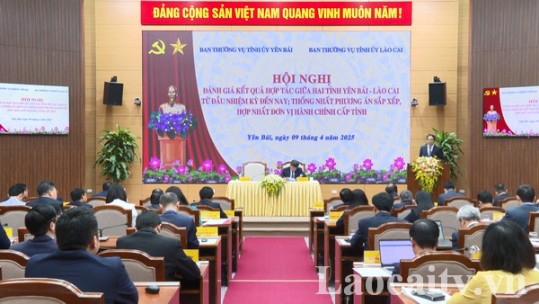
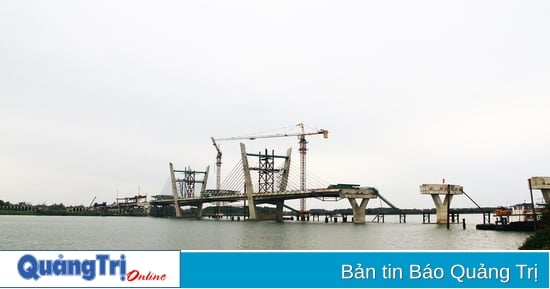
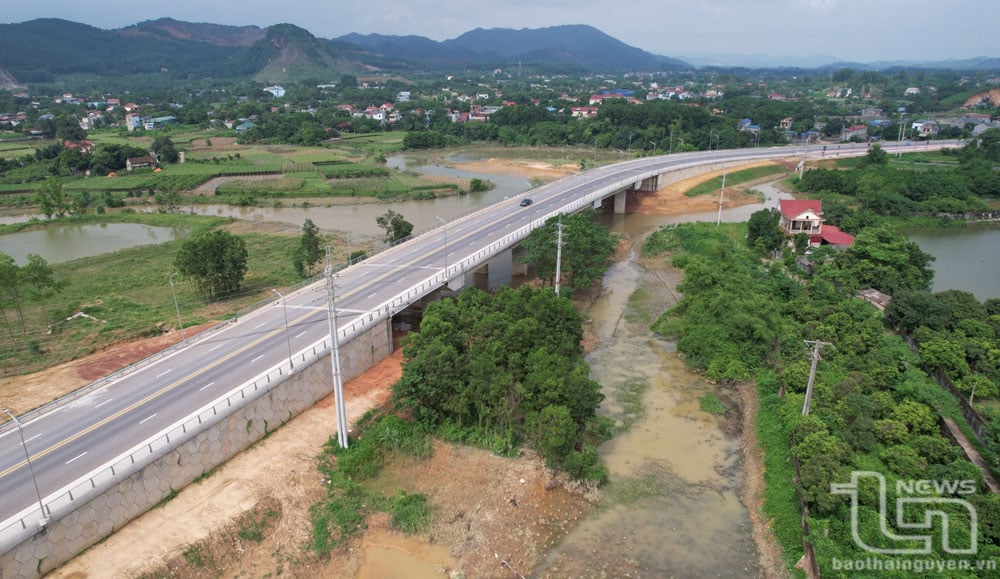
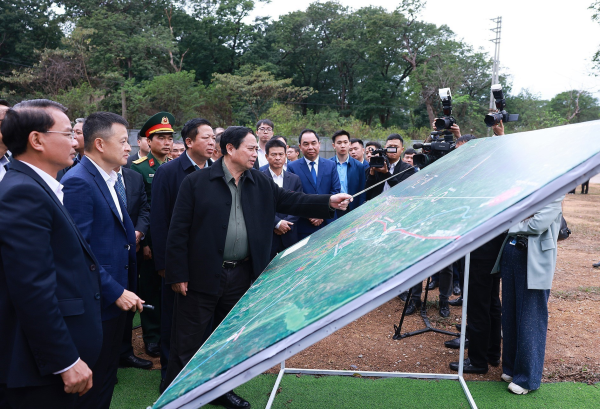
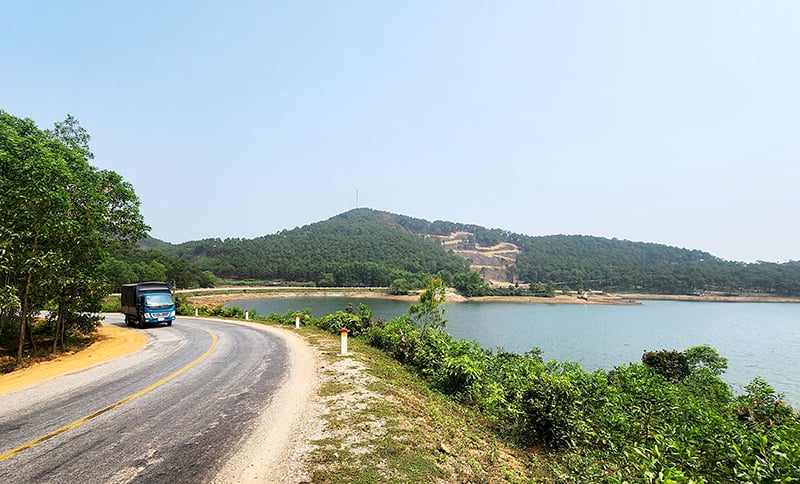
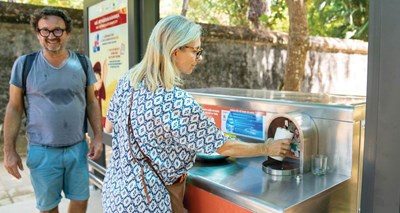










Comment (0)